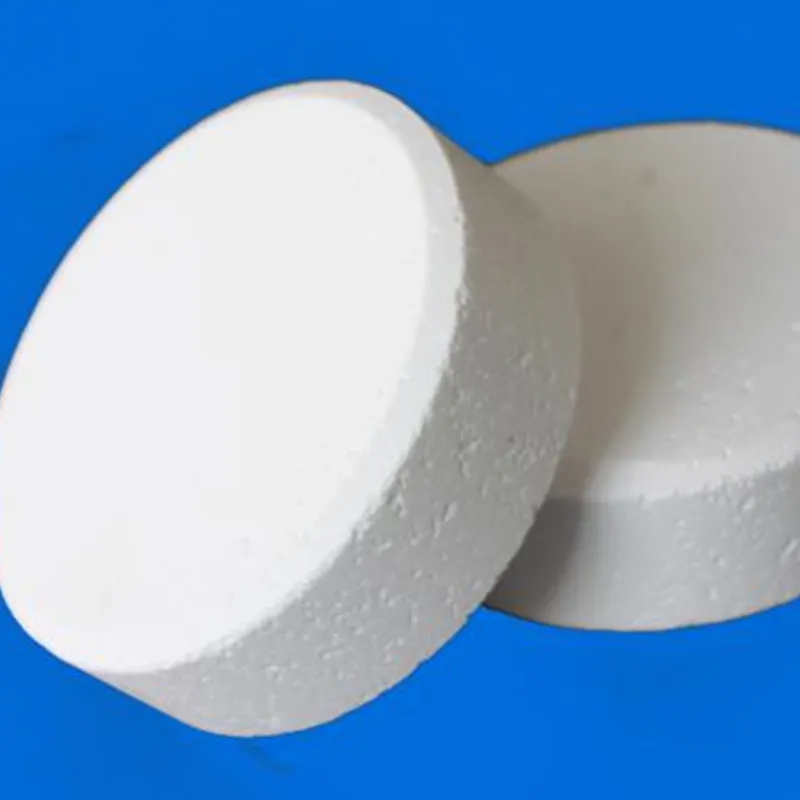
Exploring the Role of Antioxidant Additives in Food Preservation and Quality Enhancement
The Role of Antioxidant Additives in Food Preservation
Antioxidants are compounds that prevent or slow down the oxidative damage to our body's cells caused by free radicals. These free radicals may arise from natural metabolic processes, environmental factors, or even the aging process itself. In the food industry, antioxidants play a crucial role in preserving the quality and safety of food products. This article explores the types of antioxidant additives used in food, their sources, benefits, and the potential health implications.
Types of Antioxidant Additives
Antioxidant additives can be broadly categorized into synthetic and natural antioxidants.
1. Synthetic Antioxidants Common synthetic antioxidants include BHT (Butylated Hydroxytoluene), BHA (Butylated Hydroxyanisole), and TBHQ (Tert-Butylhydroquinone). These compounds are commonly employed in processed foods, including snacks, oils, and packaged goods, due to their effectiveness in preventing rancidity and extending shelf life. Their ability to inhibit oxidative reactions ensures that food maintains its flavor, color, and nutritional value for a longer time.
2. Natural Antioxidants With growing consumer demand for clean label products, natural antioxidants have gained popularity. These include vitamin C (ascorbic acid), vitamin E (tocopherols), and various phytochemicals extracted from fruits, vegetables, and herbs. For example, rosemary extract is often used in meat products due to its potent antioxidant properties. Natural antioxidants are perceived as healthier alternatives to synthetic ones, contributing not only to food preservation but also offering potential health benefits.
Benefits of Antioxidant Additives
The primary benefit of using antioxidant additives is to enhance the shelf life of food products. By preventing oxidative deterioration, these additives help in maintaining the sensory qualities of food, such as flavor and color. This is particularly important for products like oils and fats, which are prone to rancidity.
Moreover, antioxidants can contribute to food safety by minimizing the growth of harmful microorganisms. Certain antioxidants possess antimicrobial properties, which further helps in reducing spoilage and ensuring the safety of food.
antioxidant additives in food

Health Implications
While antioxidants are essential for food preservation, there has been ongoing debate regarding the health implications of both synthetic and natural antioxidants. Some studies suggest that consuming foods rich in natural antioxidants may help in reducing the risk of chronic diseases, such as heart disease and cancer. For example, a diet high in fruits and vegetables, which are abundant sources of natural antioxidants, is linked to numerous health benefits.
Conversely, synthetic antioxidants have faced scrutiny regarding their long-term effects. Although regulatory agencies, like the Food and Drug Administration (FDA), deem certain synthetic antioxidants safe when used within established limits, concerns about their potential carcinogenicity and effects on health have prompted calls for more extensive research.
Consumer Awareness and Trends
The increasing consumer trend towards health and sustainability has led to significant changes in the food industry. More consumers are seeking products that are free from artificial additives, prompting manufacturers to reformulate recipes and replace synthetic antioxidants with natural alternatives.
Labels indicating “no artificial flavors” or “contains natural antioxidants” have become more prevalent, reflecting a shift in consumer preferences towards transparency and health consciousness. Companies are also investing in research to identify new natural sources of antioxidants, as well as exploring innovative methods to prolong shelf life without compromising nutritional integrity.
Conclusion
Antioxidant additives play an integral role in food preservation, ensuring safety, quality, and extended shelf life. While the natural sources appeal more to today's health-conscious consumers, synthetic versions continue to provide various benefits in processed foods. Understanding the distinction between various types of antioxidants, their functions, and potential health impacts is essential for making informed food choices. As research continues and consumer preferences evolve, the food industry will likely adapt, potentially leading to new innovations in food preservation that prioritize health without sacrificing quality.
In summary, antioxidants in food are not just about preserving freshness; they are key players in the recipe for a healthy diet, contributing both to the enjoyment of food and the maintenance of overall well-being.
-
Understanding Synthetic Rubber OptionsNewsApr.27,2025
-
Trichloroisocyanuric Acid: Essential for Clean and Safe WaterNewsApr.27,2025
-
Sodium Dichloroisocyanurate: Key to Safe Water TreatmentNewsApr.27,2025
-
Sodium Acid Pyrophosphate: Essential in Modern Food ProcessingNewsApr.27,2025
-
Essential Water Treatment ChemicalsNewsApr.27,2025
-
Denatured Alcohol and Its Industrial UsesNewsApr.27,2025
-
The Versatile Uses of Sodium BicarbonateNewsApr.24,2025
Hebei Tenger Chemical Technology Co., Ltd. focuses on the chemical industry and is committed to the export service of chemical raw materials.
-

view more DiethanolisopropanolamineIn the ever-growing field of chemical solutions, diethanolisopropanolamine (DEIPA) stands out as a versatile and important compound. Due to its unique chemical structure and properties, DEIPA is of interest to various industries including construction, personal care, and agriculture. -

view more TriisopropanolamineTriisopropanolamine (TIPA) alkanol amine substance, is a kind of alcohol amine compound with amino and alcohol hydroxyl, and because of its molecules contains both amino and hydroxyl. -

view more Tetramethyl Thiuram DisulfideTetramethyl thiuram disulfide, also known as TMTD, is a white to light-yellow powder with a distinct sulfur-like odor. It is soluble in organic solvents such as benzene, acetone, and ethyl acetate, making it highly versatile for use in different formulations. TMTD is known for its excellent vulcanization acceleration properties, which makes it a key ingredient in the production of rubber products. Additionally, it acts as an effective fungicide and bactericide, making it valuable in agricultural applications. Its high purity and stability ensure consistent performance, making it a preferred choice for manufacturers across various industries.











